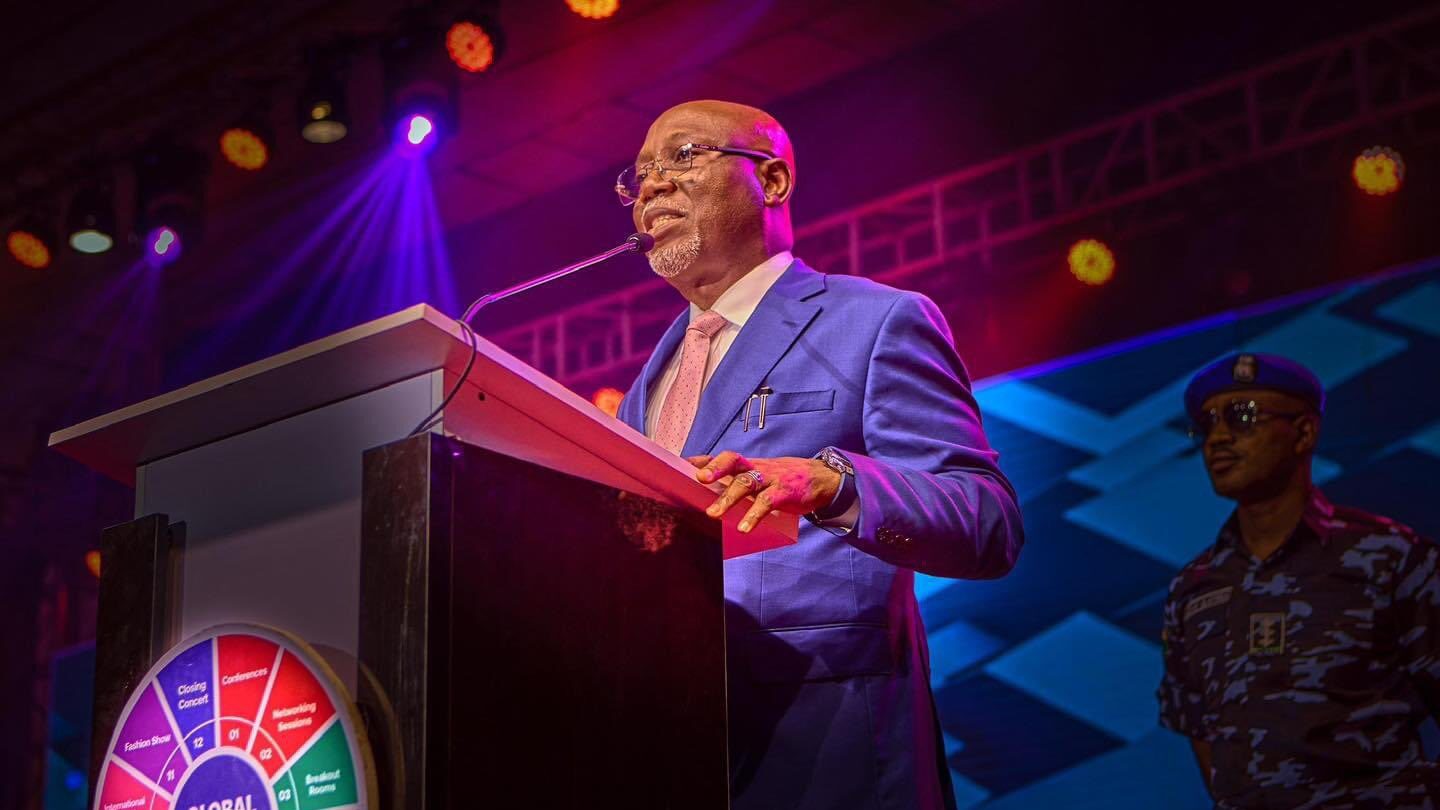From Juliana Taiwo-Obalonye, Abuja
Former Nigerian military president, Ibrahim Badamasi Babangida, has revisited the unresolved murder of journalist Dele Giwa in his newly released autobiography, “A Journey in Service.”
In the book launch in Abuja on February 20, 2025, Babangida expressed hope that the mystery surrounding Giwa’s death would eventually be unraveled, while vehemently denying any involvement by his administration.
Dele Giwa, the co-founder and editor-in-chief of Newswatch magazine, was killed on October 19, 1986, by a parcel bomb delivered to his Lagos home—a first-of-its-kind assassination in Nigeria.
Reflecting on the incident, Babangida described it as “wicked and cruel,” stating that it deeply shocked the nation and left him personally shaken. “I had just lost a friend,” he wrote. “Giwa was a good friend… I valued his deep insight on national issues and respected his views as a media leader.”
Babangida dismissed allegations that the parcel bomb originated from government quarters as “cheap and foolish,” arguing that such claims defied logic. “Why would an officially planned high-level assassination carry an apparent forwarding address of the killer? Why would a government-planned crime point directly at the suspect?” he questioned in his book.
The former president criticized the Nigerian media for what he called an adversarial approach that hindered investigations into Giwa’s murder. “The hysteria of the media did not help the investigation,” he said. “It was an attitude of ‘we versus the government,’ where the government is adjudged guilty even before evidence is adduced.”
Babangida revealed that he had ordered a thorough investigation into Giwa’s death, instructing police and intelligence agencies to report daily on their findings. However, he lamented that political overtones and public sentiment clouded the process. “Directing public focus to only one suspect—namely the administration—may have hurt the path of a fruitful investigation,” he noted.
The late journalist had been accused by military intelligence shortly before his death of plotting a socialist revolution, a claim he denied. Babangida suggested that Giwa’s popularity made him a prime target for those seeking to destabilize his administration. “Giwa’s murder was part of a series of booby traps and acts of destabilization being hatched against the administration,” he wrote.
Despite multiple investigations—including a revisit during President Olusegun Obasanjo’s civilian administration—the case remains unsolved nearly four decades later. Babangida expressed regret over this but maintained hope for eventual closure: “I keep hoping the truth will be uncovered in our lifetime or after us.”
Dele Giwa remains an iconic figure in Nigerian journalism, remembered for his fearless reporting and famous quote: “Nigeria is on fire and the citizens are amused.” His assassination continues to symbolize one of Nigeria’s darkest moments for press freedom.




 1 day ago
37
1 day ago
37








 English (US) ·
English (US) ·